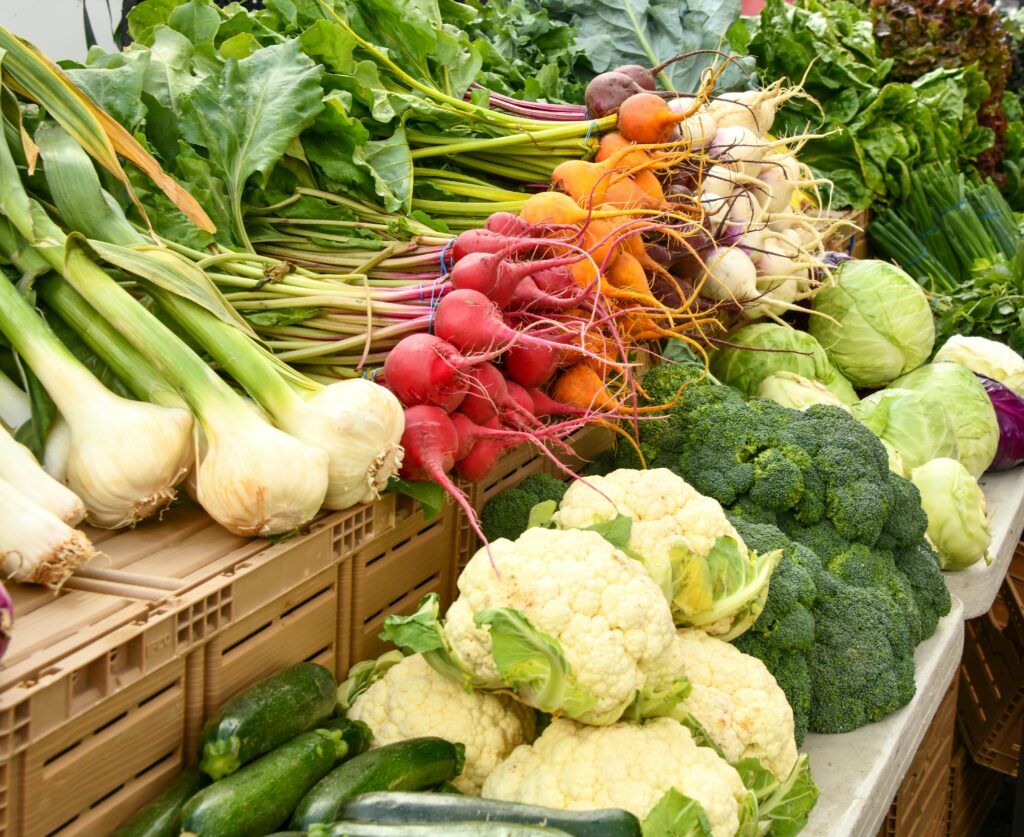
Market gardening
Veg, fruit, herbs and flowers
An overview of the fundamentals of growing and selling plants of all types on a small area of land.
Updated 7 May 2024
Soil and fertility
Your soil is your greatest asset.
Testing your soil is essential, especially when starting a new enterprise. There are many different providers who can analyse your soil samples and give you a report and recommendations. The James Hutton Institute provides a basic service, see here for alternatives.
You may be eligible for help with the cost of soil testing if your land is in ‘Region 1’. The ‘preparing for sustainable farming’ scheme can provide a payment of £300 for soil testing by small producers. You will also be eligible for a payment of £250 for personal development such as going on a course. However, you will need to have undertaken a carbon audit of your business. If you have not already done this, you can also get a payment of up to £500 for doing this.
If your land is organic, or you are converting to organic, you cannot apply mineral nitrogen fertiliser to the soil. You can bring in a range of other composts, manures and plant-based fertilisers from the list approved by your certification body.
Maintaining soil health is the key to producing your crops. Making and using your own compost on your land is a permitted activity under the Waste Management Licensing (Scotland) Regulations 2011. You can include bedding and dung from your animals in the compost. You can make compost in an open air system and you do not need an impermeable base to your heap.
However you cannot include catering waste in your compost unless you are using an in-vessel composter.